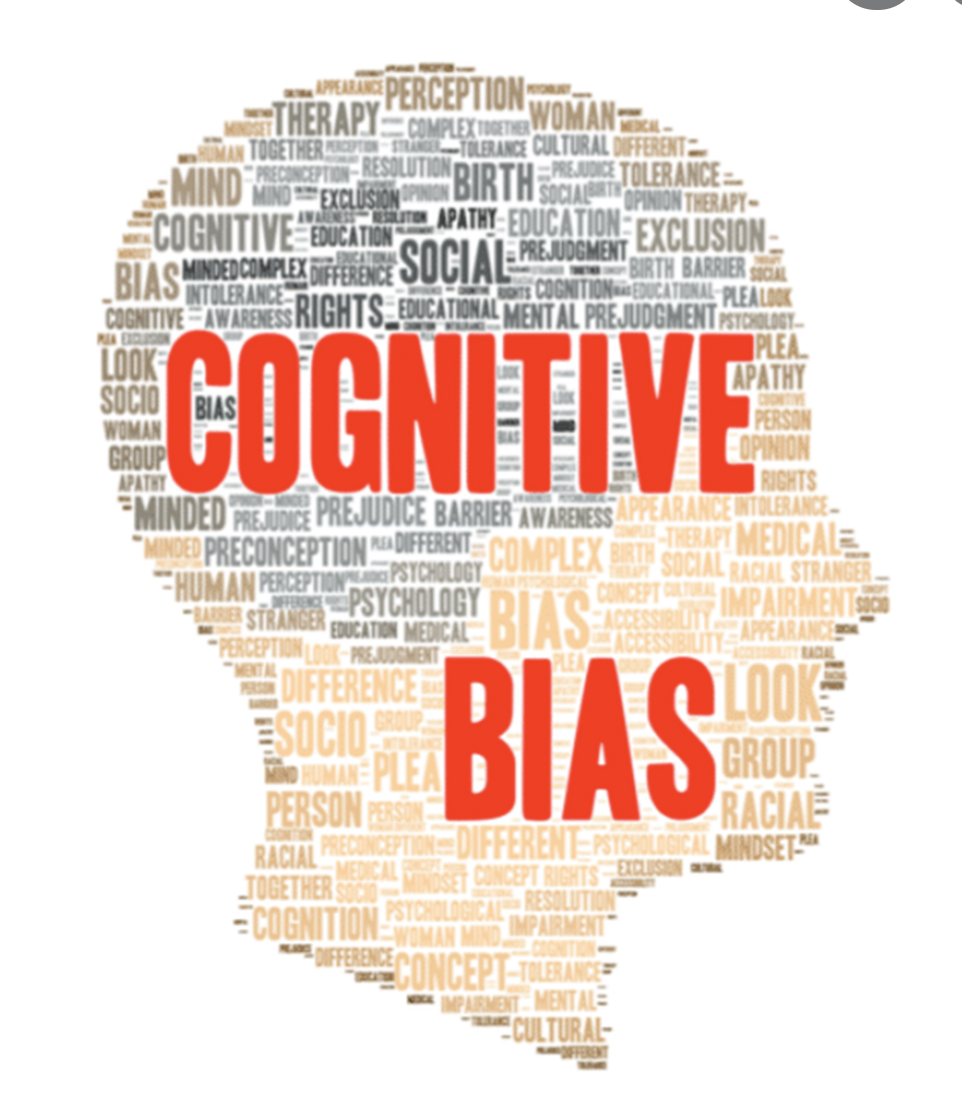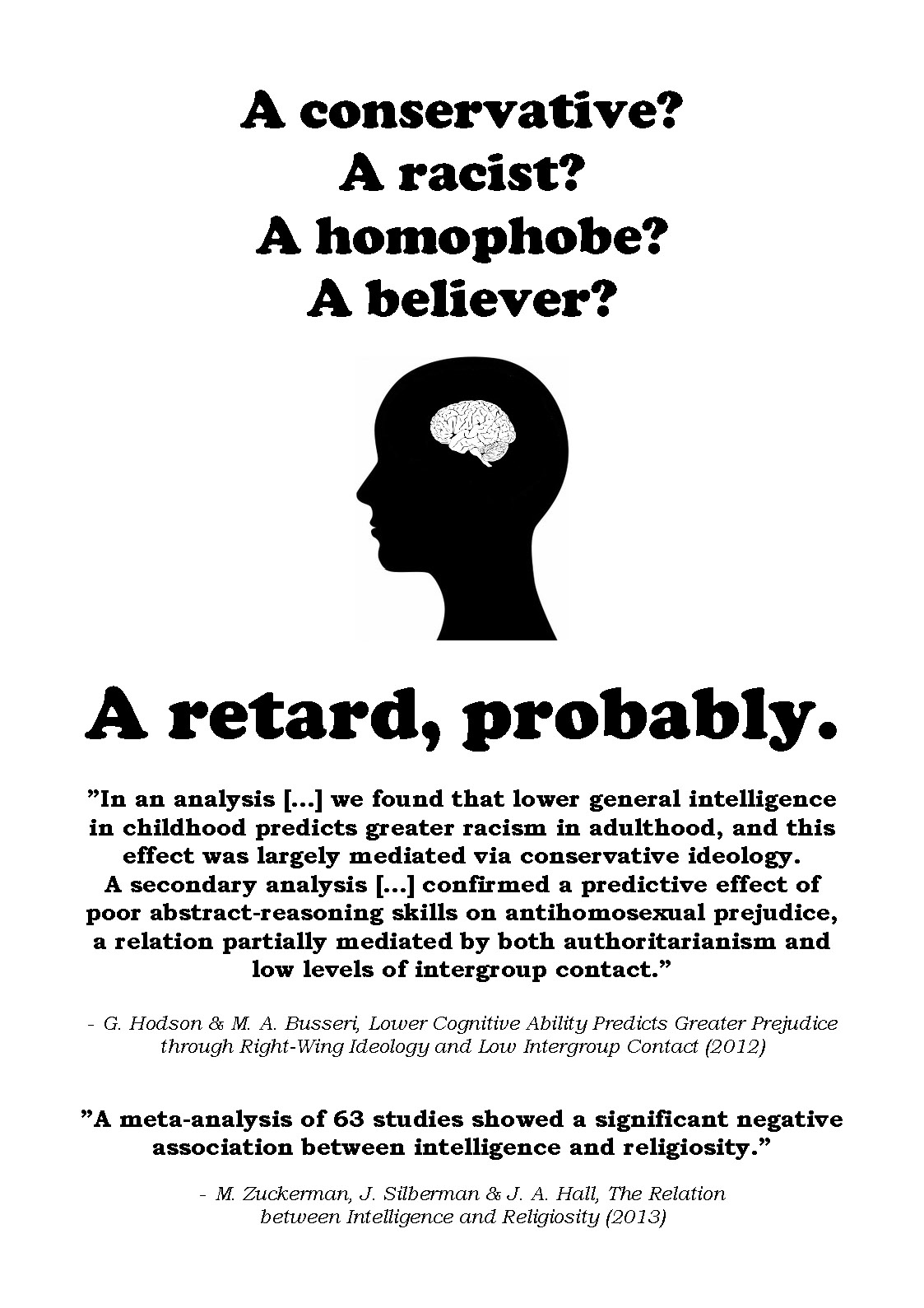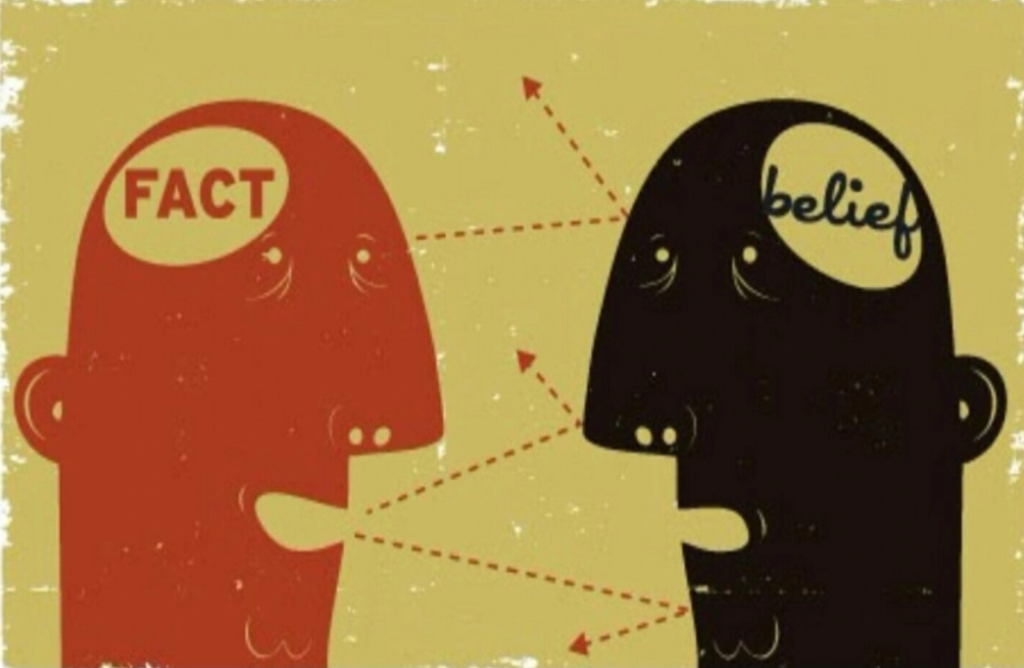Cognitive conservatism is a psychological phenomenon that refers to the tendency of individuals to rely on their prior beliefs and knowledge when processing new information. This means that people are more likely to accept information that aligns with their preexisting views, while rejecting or distorting information that contradicts them. This bias can have significant consequences for how people perceive and interpret the world around them, as well as their ability to learn and adapt to new ideas.
One of the main reasons for cognitive conservatism is the effort required to process new information. When we encounter something that conflicts with our preexisting beliefs, it requires more mental effort to process and incorporate this new information into our understanding of the world. This can be especially challenging if the new information requires us to abandon long-held beliefs or revise our understanding of a particular topic. In order to avoid this cognitive strain, people may simply reject the new information or find ways to distort it in order to make it fit with their preexisting views.
Another factor contributing to cognitive conservatism is the need for consistency in our beliefs and actions. When we encounter new information that conflicts with our preexisting views, it can create a sense of cognitive dissonance – a feeling of discomfort or inconsistency between what we believe and what we are being presented with. In order to reduce this dissonance, people may seek to reconcile the new information with their preexisting beliefs, rather than altering those beliefs.
Cognitive conservatism can also be influenced by social and cultural factors. People often rely on their social group for information and support, and may be more likely to accept information that is consistent with the views of their group. Similarly, cultural norms and values can shape how people process new information and influence their tendency towards cognitive conservatism.
While cognitive conservatism can be a useful mechanism for helping us to process and make sense of new information, it can also be a barrier to learning and growth. When we are too resistant to new ideas or unwilling to revise our understanding of the world, we may miss out on valuable opportunities for learning and personal development. It is important to be aware of this tendency and to actively seek out diverse perspectives and new information in order to keep an open mind and continue learning and growing.
cognitive conservatism in French

Washington: American Enterprise Institute, 1981. Although an alternative label, psychological conservatism, may be more appropriate if one's aim is to contrast politics and psychology, the term syndrome appears to be adequate for a discourse within the field of psychology itself. My primary aim in this paper is to present evidence of correlation, not to test these two causal models. Piscataway, NJ: Transaction Publishers, 2001. Located in the lower frontal cortex the area just above and behind your eyes , your OFC integrates a multitude of information from various brain regions along with visceral emotions in an attempt to facilitate adaptive decision making. Retrieved May 1, 2022.
Conservatism and cognitive ability

Women of the Right: Comparisons and Interplay Across Borders Penn State University Press; 2012 312 pages; scholarly essays giving a global perspective on women in right-wing politics. Another aspect of the history of this controversy is associated with the use of thimerosal as a preservative in vaccines. At the same time, we gladly take in evidence that confirms our beliefs. I find that the application of reason, or data, or both, misses the mark and comes off as being cold and insensitive. I could not disagree more with this notion.
Political Conservatism As Motivated Social Cognition

Retrieved July 29, 2017. One antecedent is the approach advocated by Wilson's 1973 dynamic theory that also saw conservatism as a motivated response to uncertainty. Retrieved May 1, 2022. It is important to understand that mercury can and does adversely affect neurological development and functioning. The present study aimed to investigate the associations between these moral values and cognitive ability. They love their child, accept him as he is, and just want to do whatever they can to make his life better.
Conservatism

Moreover, with the socialization of the health care system through institutions such as Medicaid and Medicare and the regulation of the insurance industry by restricting an insurer's right of refusal: to exclude any individual risk as uninsurable, and discriminate freely, according to actuarial methods, between different group risks a monstrous machinery of wealth and income redistribution at the expense of responsible individuals and low-risk groups in favor of irresponsible actors and high-risk groups has been put in motion. Compound that default with a tendency to make the above discussed cognitive errors and it is no wonder that we have pervasive and intractable political partisanship and deadly religious conflicts. Character, Outlook, and Labelling of Conservatism. If they were right, their argument in favor of economic protection would amount to an indictment of all trade and a defense of the thesis that each family would be better off if it never traded with anyone else. Since these are generally positive judgments, the totalitarian ego would resist change.
What does cognitive conservatism mean?

Retrieved August 19, 2011. Nevertheless, our analyses show the presence of a factor of Conservatism that has loadings from subscales from all these domains and captures many constructs that are included in the nomological net of Jost et al. And, that error of judgment may have lasting familial consequences. This perspective helps to integrate three classes of thories: a conservatism as a simention of personality such as authoritarianism, dogmatism, intolerance of ambiguity, and ideogical polarity , b conservatism as an attemp to satisfy epistemic and extntial needs such as needs for cognitive closure, regulatory focus, and terror management , and c conservatism as a socio-polictical ideology arising from the cllective rationalization od social systems such as theories of symbolic politics, social domincance, and system justification. Further research and theorizing are needed to establish the potentially closer coupling between ACS and religiosity and CA and conservatism. Additionally, we also prove the asymmetry property of this behavior.







